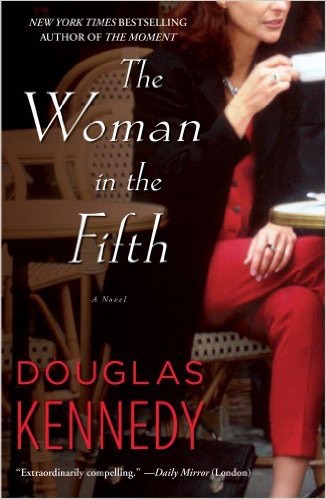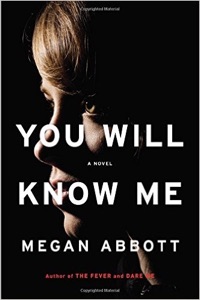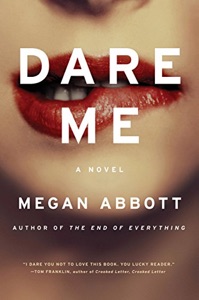Wikipedia has read me out of meeting because I restored the following passage that an anonymous troll had blanked in Wikipedia’s article about an Alt-Right chat board. These Internet sites became a focus of international attention last July, after Donald Trump tweeted an image of Hilary Clinton, a Star of David, and a sea of dollar bills that he had seen on a white-supremacist board. The passage I restored read as follows:
Anti-Semitism and White Nationalism
In July of 2016, US presidential candidate [[Donald Trump]] tweeted an image of Hillary Clinton with a background of money and a six pointed star, seen by some as resembling the Star of David containing the message "Most corrupt candidate ever". The image had originally been posted to 8chan's /pol/ board. The New York Times called 8chan a "website for the 'alt right,' an internet-based movement associated with white nationalism." [1] [2]
Scrubbing even this timid and tentative report from Wikipedia is Orwellian.
I no longer support the project to which I have given so much time, but I do occasionally glance at selected pages for two reasons. The first is safety. For example, one of my former Wikipedia opponents was recently detained and held without bail. (He’s out now, and on Twitter he’s talking about the “Jewish overlords” who run Broadway. Great.)
The second reason is to assist people seeking legislative and regulatory solutions to the menace that Wikipedia has become. A solution must be found for Wikipedia’s promotion of harassment – especially of women and Jews – and for its encouragement of extortion.
Still, as I pass through those dusty corridors, it seems churlish to simply ignore typos, vandalism, and other rubbish that can easily be fixed. They don’t want me to edit Gamergate; apparently, that extends to the entirety of the alt-right takeover of the Republican Party and, if they have their way, our country.








